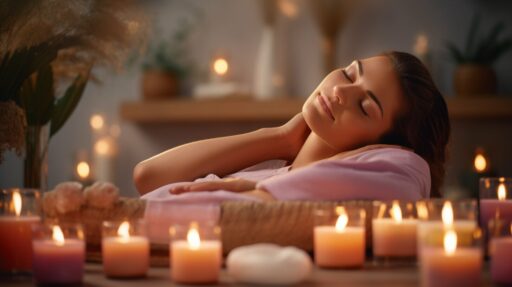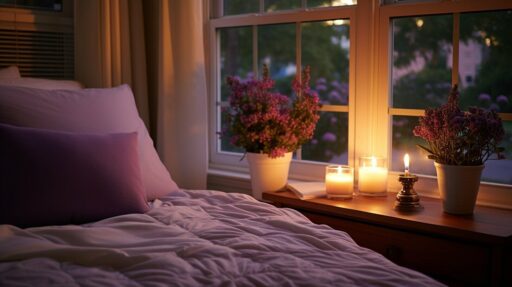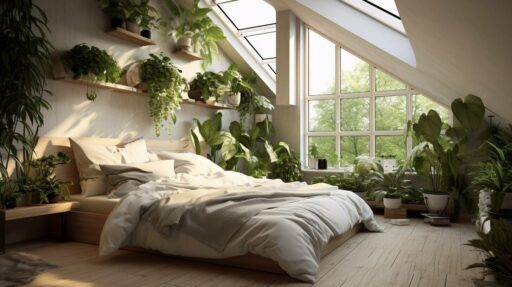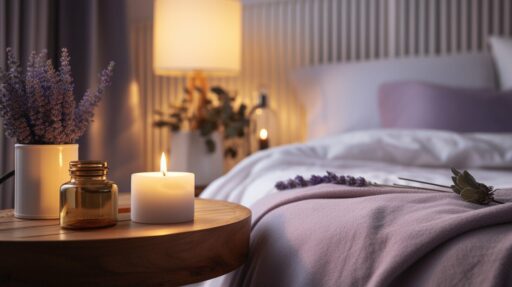
Life moves fast—and often too fast. We juggle work, errands, and endless to-do lists. But finding moments of stillness? That’s priceless. That’s where essential oils for relaxation come in. With just a few drops, you can transform your space and mood. It’s like a hug in the form of scent—natural, comforting, and entirely yours.

Quick Takeaways
- Lavender, chamomile, and ylang ylang are top choices for calming vibes.
- Use essential oils through diffusers, topical application, or gentle inhalation.
- Pick high-quality oils to avoid irritation and enjoy the full benefits.
- Incorporate them into daily routines to boost sleep and reduce stress.
In short, essential oils are versatile and easy to use. Start small—maybe a drop on your pillow or a diffuser on your nightstand. Then build from there, letting your routine evolve as you find what works best.
The Benefits of Aromatherapy
Let’s be honest—we all need a reset button now and then. Aromatherapy, especially using essential oils for relaxation, offers just that. It’s about slowing down, breathing in, and reconnecting with calm.
Lavender’s floral scent is soothing, while chamomile is like a cozy blanket for your senses. Citrus oils add a sunny brightness that can lift you out of a funk. Each scent brings its own kind of peace.
What’s great is how flexible aromatherapy is. You can try a diffuser while working, dab a little oil before meditation, or simply sniff from the bottle. Small rituals can make a big impact on your day.

| Essential Oil | Relaxation Benefit |
|---|---|
| Lavender | Helps reduce anxiety and improve sleep |
| Chamomile | Soothes nerves, great for winding down |
| Orange | Uplifts mood and relieves tension |
Turn Your Bedroom Into a Sanctuary
There’s nothing quite like a bedroom that feels like a true retreat. By adding essential oils for relaxation into the mix, you’re setting the stage for better sleep and less stress. Think of it as your personal spa, just steps from your bed.
- Diffuse calm: Let soothing scents fill the air as you prep for bed.
- Apply topically: Dab on pulse points for a lingering scent and gentle effect.
- Inhale: Take a few deep breaths with oil on a tissue for a quick mental reset.
These small habits can become a part of your wind-down ritual. You might be surprised how much a scent can signal your brain that it’s time to relax and rest.

“Essential oils can turn your space into a cozy haven. Think: calm, quiet, and deeply restful.”
Make Your Sleep Setup Work for You
Sleep is sacred, so let’s give it the attention it deserves. From choosing calming colors to decluttering your nightstand, every detail matters. Add essential oils for relaxation and you’re on your way to your dreamiest sleep yet.
- Soft colors promote peace—skip the neons.
- Keep it cool—literally. 60–67°F is ideal for deep rest.
- Stay tidy with smart bedroom storage solutions.
When your space supports sleep, your body and mind follow. Your room should say “rest,” not “to-do list.” Let scent, color, and layout all work together in harmony.
Build a Bedtime Routine You’ll Love
Routines aren’t boring—they’re grounding. And when it includes essential oils for relaxation, bedtime becomes something to look forward to. Think of it as your nightly ritual, built around what soothes you best.
Try diffusing lavender as you journal. Or rub clary sage oil onto your shoulders before slipping under cozy sheets. Your body learns these signals over time—it’s a gentle way to say, “It’s okay to rest now.”

Cozy Additions for Better Sleep
Want to take it to the next level? Combine essential oils for relaxation with other cozy elements in your bedroom. When your space feels just right, sleep follows naturally.
- Blackout curtains keep things dark and melatonin flowing.
- A great mattress = fewer aches, deeper sleep.
- Bedroom plants clean the air and calm the mood.
- Explore sustainable bed frame materials for a greener setup.
Each upgrade supports your rest. Even a simple change—like a lavender plant on the nightstand—can make a big difference.

Make It Yours
This isn’t about perfection. It’s about comfort. Your sleep space should reflect you. Use essential oils for relaxation to shape a vibe that’s all your own—peaceful, grounding, and uniquely cozy.
- Adjust lighting to suit your wind-down mood.
- Try layering scents until you find your favorite blend.
- Declutter with intention. Less mess = more calm.
There’s no one right way to relax—only what feels good to you. Create your version of serenity, one scent and soft light at a time.

Quality Matters
Not all oils are created equal. To really reap the benefits of essential oils for relaxation, go for purity. Cheap blends can include synthetic fillers that irritate more than calm.
Look for labels that say “therapeutic grade” and always read reviews. A few drops of a good oil can do more than a bottle of the bargain stuff. Your peace of mind deserves the good stuff.

Final Thoughts
Essential oils for relaxation offer more than a lovely scent. They invite us to pause, breathe, and be gentle with ourselves. Whether you use them to sleep better, feel calmer, or simply enjoy a cozy moment, their benefits are beautifully simple.
So go ahead—light a candle, cue your diffuser, and lean into the calm. You’ve earned it.
FAQ
How do I use essential oils for relaxation?
Diffuse, apply topically with carrier oil, or inhale directly from a tissue or bottle.
Which oils are best for stress and anxiety?
Lavender, chamomile, sandalwood, bergamot, and orange are all calming favorites.
Can I ingest essential oils?
Only under medical supervision. Stick to external use unless directed by a healthcare professional.
How do I find high-quality essential oils?
Choose reputable brands with transparent sourcing, third-party testing, and no synthetic additives.
Sources
- WebMD on Aromatherapy
- Hopkins Medicine: Do Essential Oils Really Work?
- Healthline: Essential Oils for Stress
